Taylor Ralph ’17 is a project manager with SSG Advisors, leading engagement with multi-national food and beverage corporation investigating opportunities for partnership within its agricultural supply chain across emerging markets, with focus on small-holder farmers in Latin America, North Africa, and South Asia. She was interviewed by Isabel Russell, an undergraduate at UVM

What have you been up to since graduation?
I’ve had the privilege of working with SSG Advisors (based right here in Burlington), an international development firm that seeks to harness the power of partnerships to achieve sustainability objectives. I’ve been project managing on a small team working closely with PepsiCo’s Sustainable Agriculture team who is eager to build partnership muscle across their procurement and sourcing departments. At it’s root, PepsiCo is an agricultural company, procuring fruit, vegetable, dairy, and commodity crops across over 40 countries and from a variety of farmers (from large commercial operations to small-holder farmers in emerging markets), as you might imagine this opens up PepsiCo to a variety of challenges and risks — and of course, opportunities. Our team has been developing a Partnership Playbook to help the organization engage the necessary stakeholders to address these challenges and ultimately achieve their Performance with Purpose goals around sustainable sourcing; necessary stakeholders might include anyone from bi-laterals to development banks to impact investors to research organizations to foundations to NGOs to civil society organizations and of course, the producers themselves. We are also going into the field to develop three specific partnership concepts around sustainable agronomic practices in emerging market contexts.
Why did you choose to attend this MBA program?
I was looking for a program that aligned with my values: that business can and should be used as a force for positive change. I also knew that I needed to learn the language of business to have the impact I wanted to have in the world.
What was your favorite part about the experience?
The collaborative nature of the work environment, by far. Learning to work with diverse personalities was enriching and also helped prepare me for the work I seek to do going forward: create a common language among diverse actors to achieve sustainability objectives.
How are you applying the tools/skills you learned in the program, post-MBA?
My practicum involved working with a large multi-national corporation to develop business strategies that address the needs of emerging market actors. I was able to dig into a specific value chain (small-holder farmers producing fresh vegetables from farm to retail in São Paulo, Brasil) and explore ways that a large, matrixed refrigeration corporation could provide cold-chain solutions and prevent food waste in that context. At PepsiCo, I am engaging in similar market research and working to investigate how a large group with seemingly disparate objectives might align with other actors in the value chain to achieve development goals. In my experience, it’s been about creating that common language, and SEMBA helped me learn how to translate.
What would you tell someone who is considering the Sustainable Innovation MBA?
What SEMBA lacks in scale of alumni network, they make up for in richness of connection. If you’re looking to challenge your assumptions about the way the world works, this is the program for you. Also – I’m happy to speak more with anyone interested in learning more.

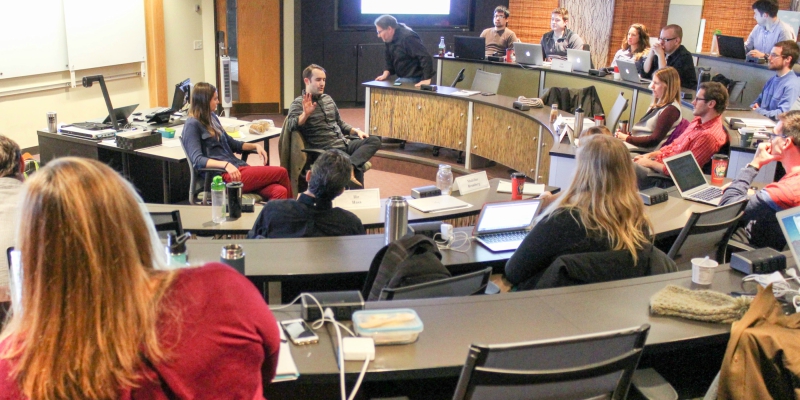
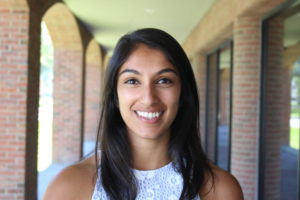
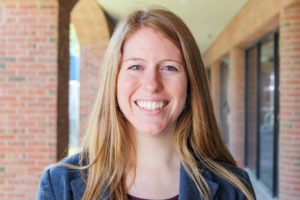
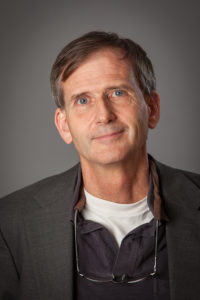 What is pitching? It is the art and skill of describing one’s project, entrepreneurial venture, or oneself in the minimal amount of words that communicates your message to the listener. For startups and entrepreneurs, it is a skill that can be developed and honed over time with practice and feedback.
What is pitching? It is the art and skill of describing one’s project, entrepreneurial venture, or oneself in the minimal amount of words that communicates your message to the listener. For startups and entrepreneurs, it is a skill that can be developed and honed over time with practice and feedback.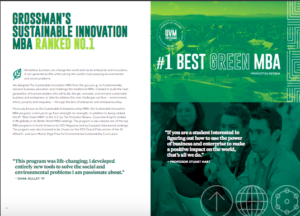
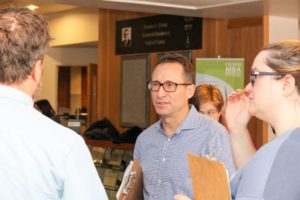 On the last day of November, the students of The Sustainable Innovation MBA hosted their annual Business Model Trade Show in the bustling lobby of Kalkin Hall. Visitors toured booths, sampled products and learned about the creative enterprises students have been working on throughout Module 2. For the students, it was a great opportunity to hone their elevator pitch and get feedback for their business ideas from noted visitors like venture capitalist and UVM alum
On the last day of November, the students of The Sustainable Innovation MBA hosted their annual Business Model Trade Show in the bustling lobby of Kalkin Hall. Visitors toured booths, sampled products and learned about the creative enterprises students have been working on throughout Module 2. For the students, it was a great opportunity to hone their elevator pitch and get feedback for their business ideas from noted visitors like venture capitalist and UVM alum 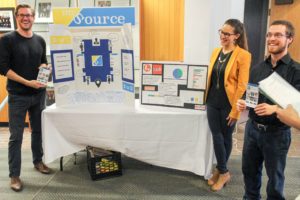 Many of the businesses focus on creating consumer goods that fill an unmet or underserved need in the marketplace. For instance, B3 is a consumer health company that offers simple, effective and environmentally friendly shampoo products made entirely from water, baking soda, and essential oils. Visitors to the trade show learned that the average shampoo contains more than 30 ingredients, many of which are known to cause adverse health and environmental effects. Another team of students with science and engineering backgrounds created Conscious Coffee Pods: small on the go servings of coffee in an algae-based pod that are shelf-stable, easily dissolved in water, and produce no packaging waste. Yet a third team created Flip Balm, an on the go algae-based sunscreen that attaches to a wristband made of recycled ocean plastic.
Many of the businesses focus on creating consumer goods that fill an unmet or underserved need in the marketplace. For instance, B3 is a consumer health company that offers simple, effective and environmentally friendly shampoo products made entirely from water, baking soda, and essential oils. Visitors to the trade show learned that the average shampoo contains more than 30 ingredients, many of which are known to cause adverse health and environmental effects. Another team of students with science and engineering backgrounds created Conscious Coffee Pods: small on the go servings of coffee in an algae-based pod that are shelf-stable, easily dissolved in water, and produce no packaging waste. Yet a third team created Flip Balm, an on the go algae-based sunscreen that attaches to a wristband made of recycled ocean plastic.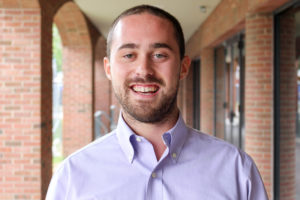 What has been your favorite part/element of the program thus far?
What has been your favorite part/element of the program thus far?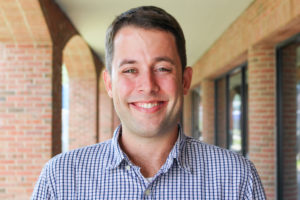 Finding time to both reflect on and celebrate successful team projects, or debrief on things that could have worked better, has often taken a backseat to other pressing needs.
Finding time to both reflect on and celebrate successful team projects, or debrief on things that could have worked better, has often taken a backseat to other pressing needs.